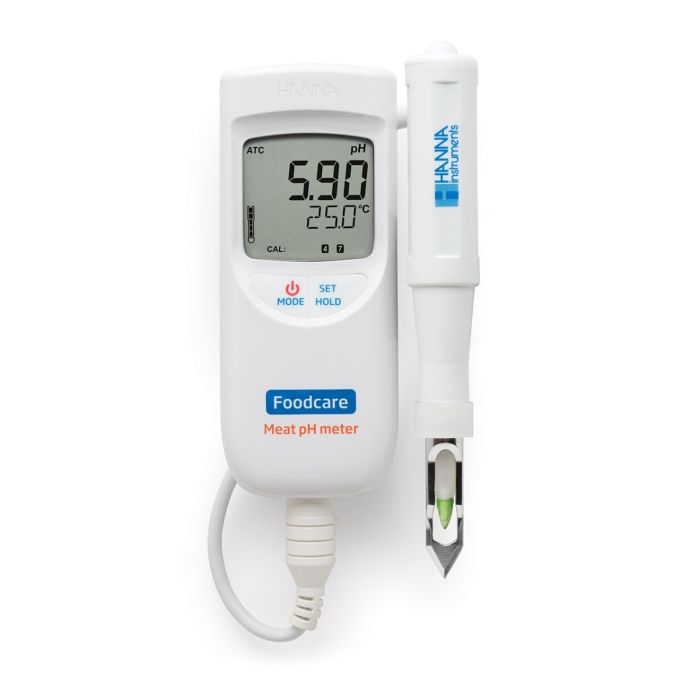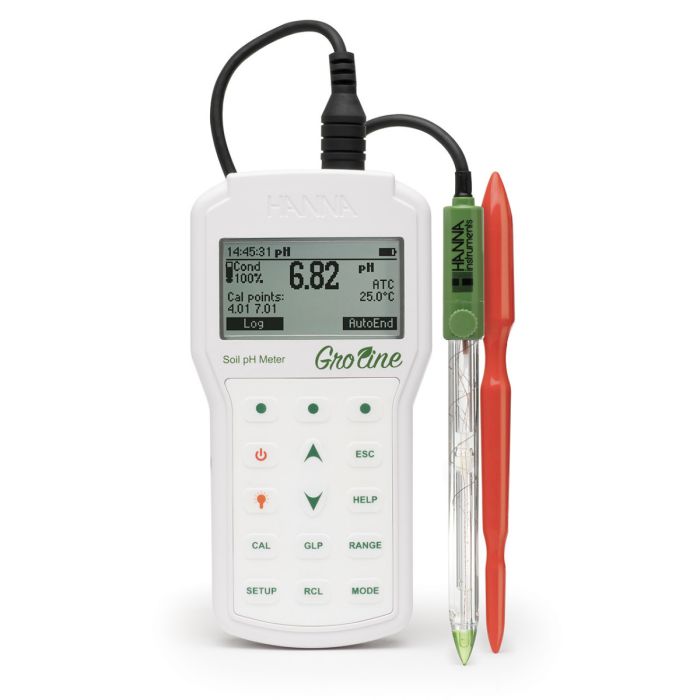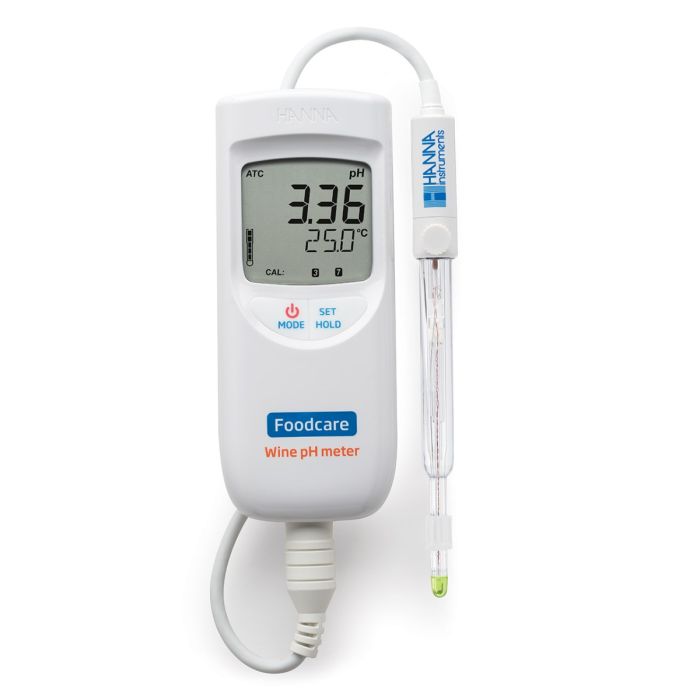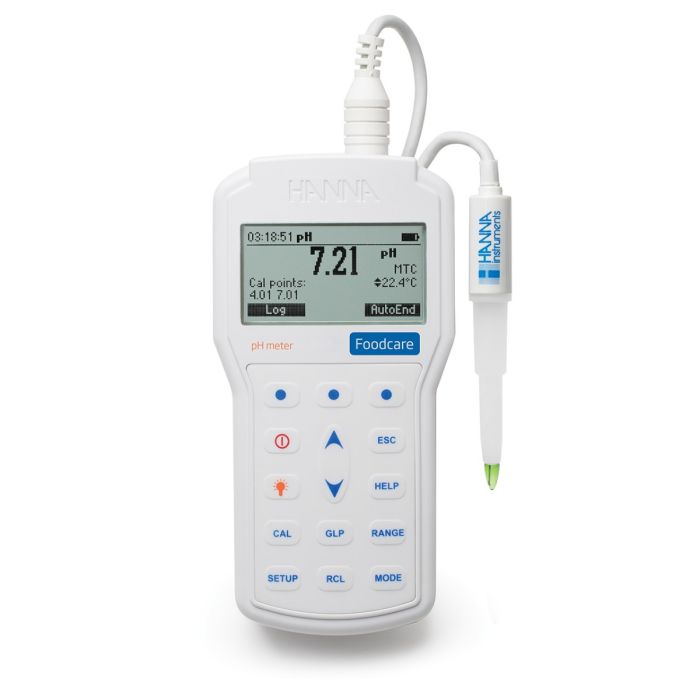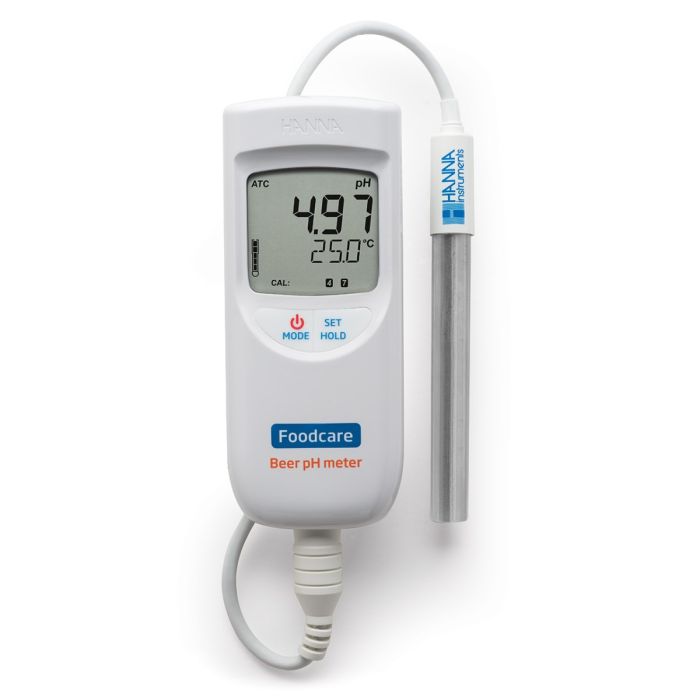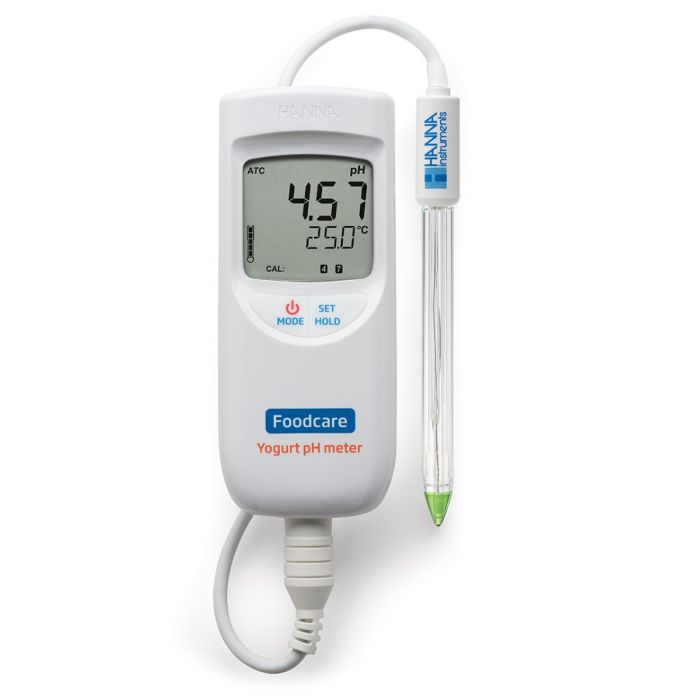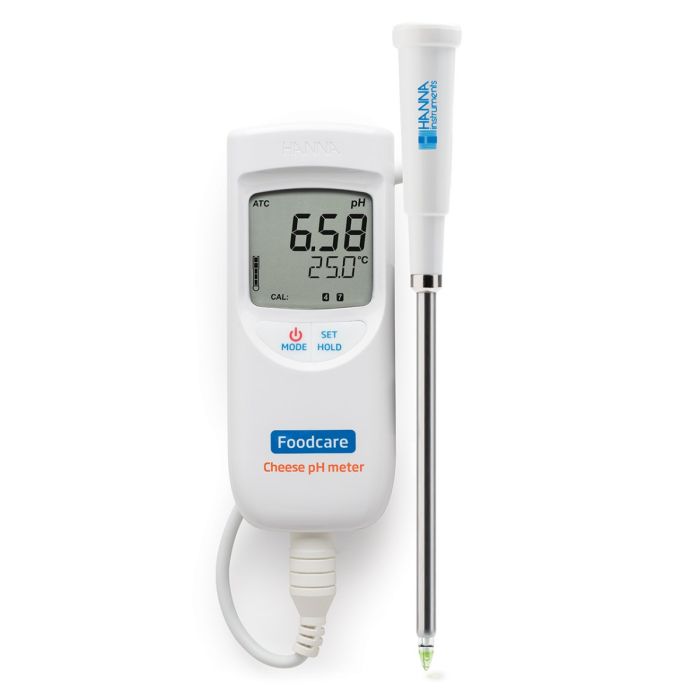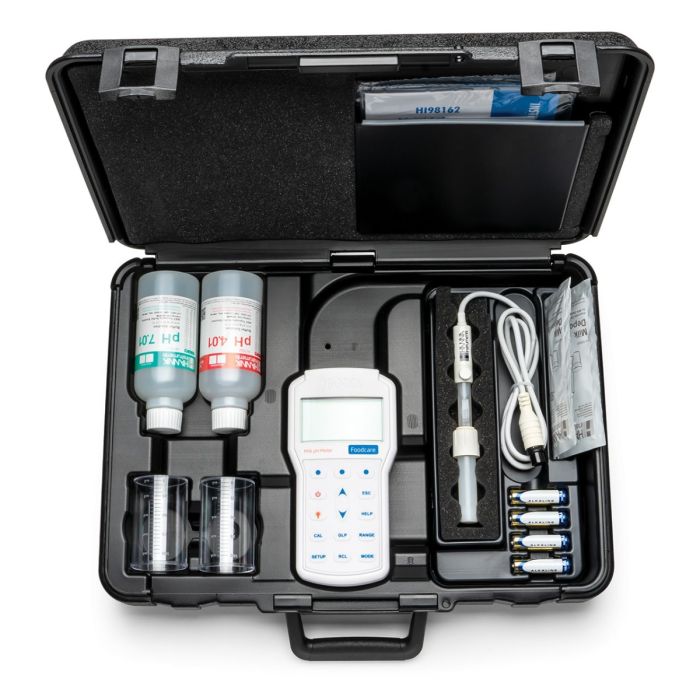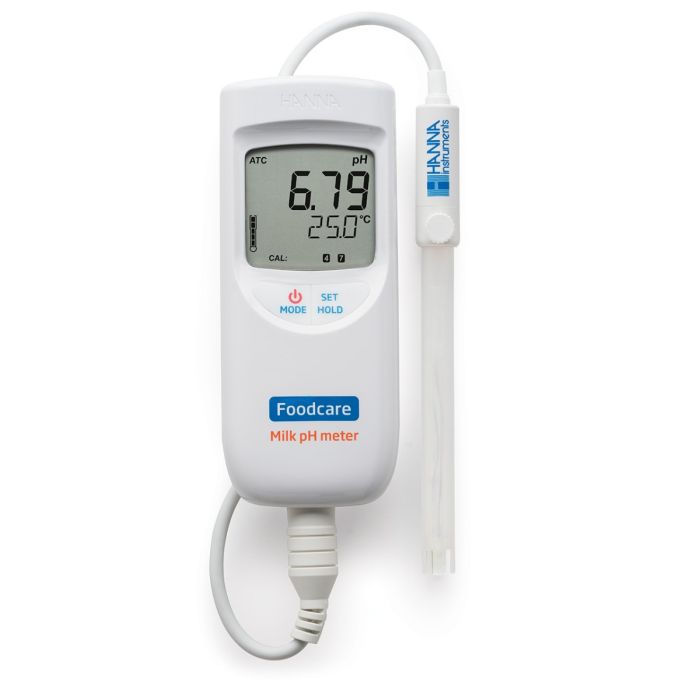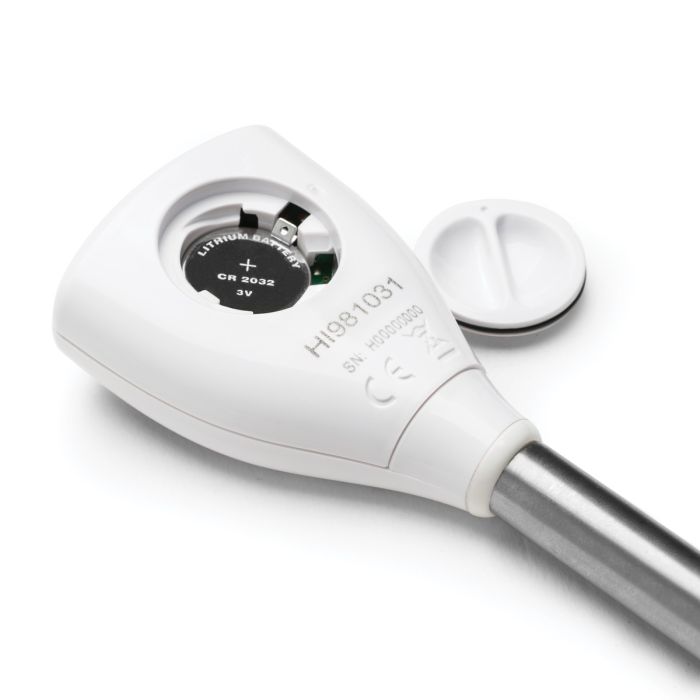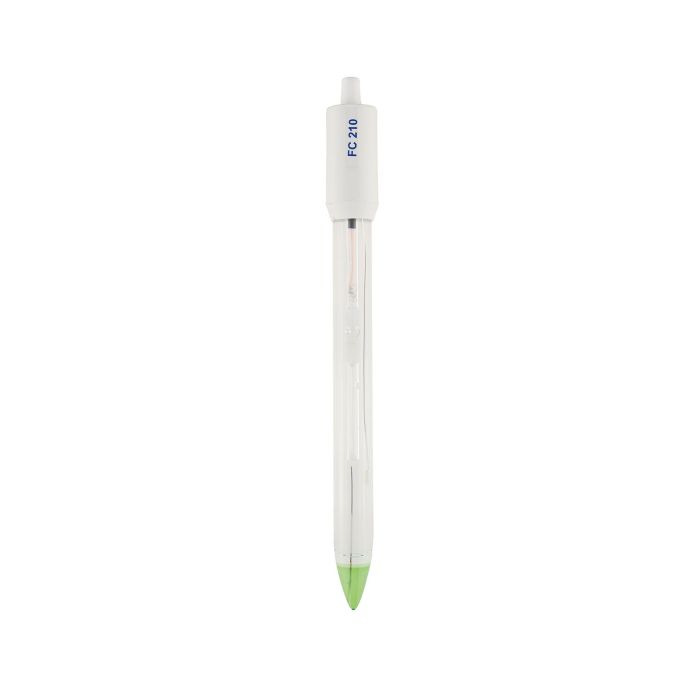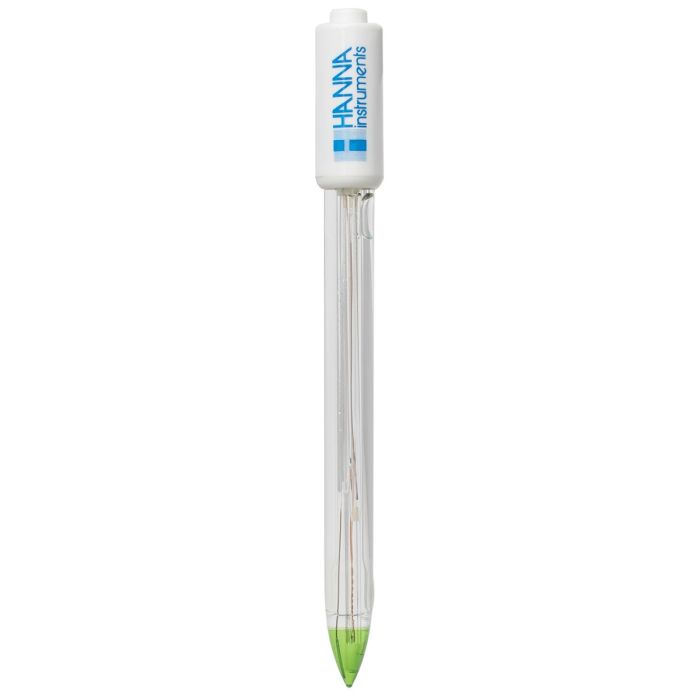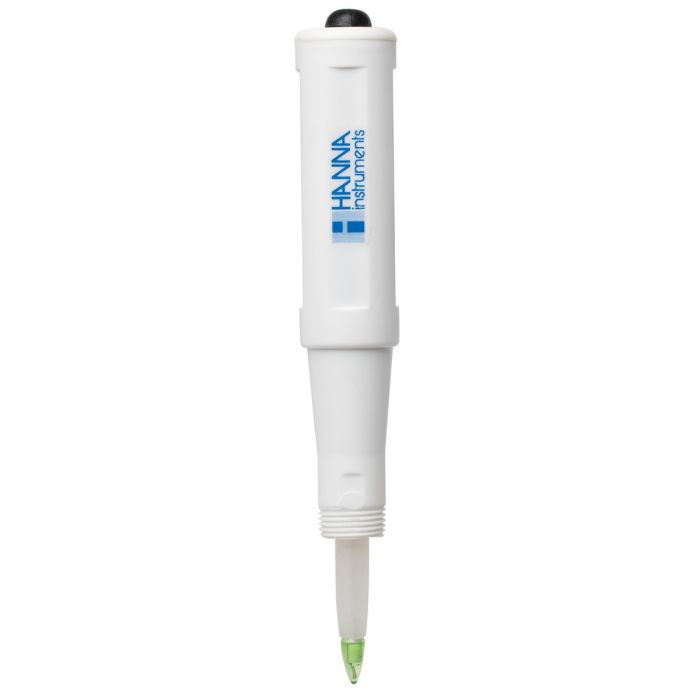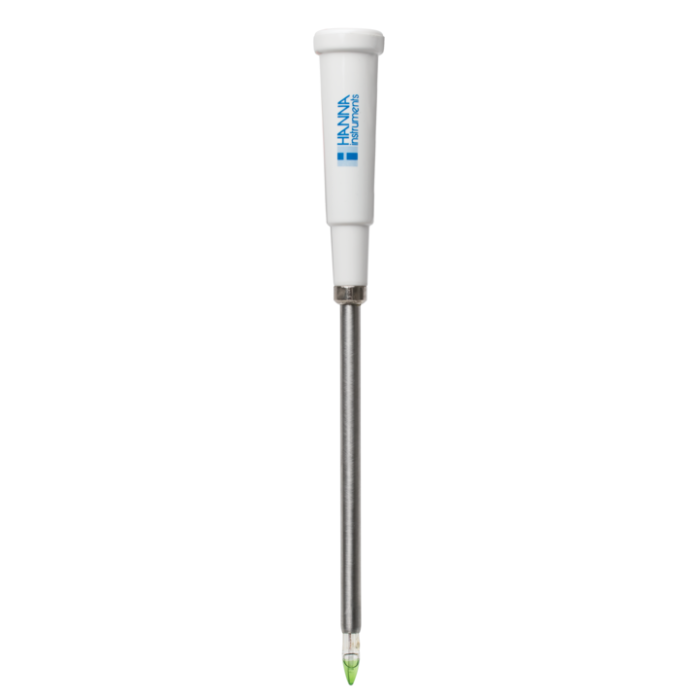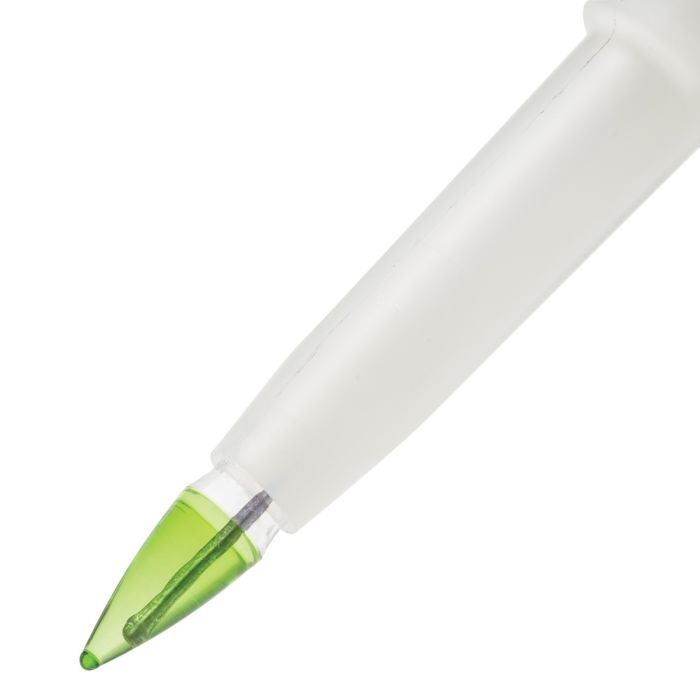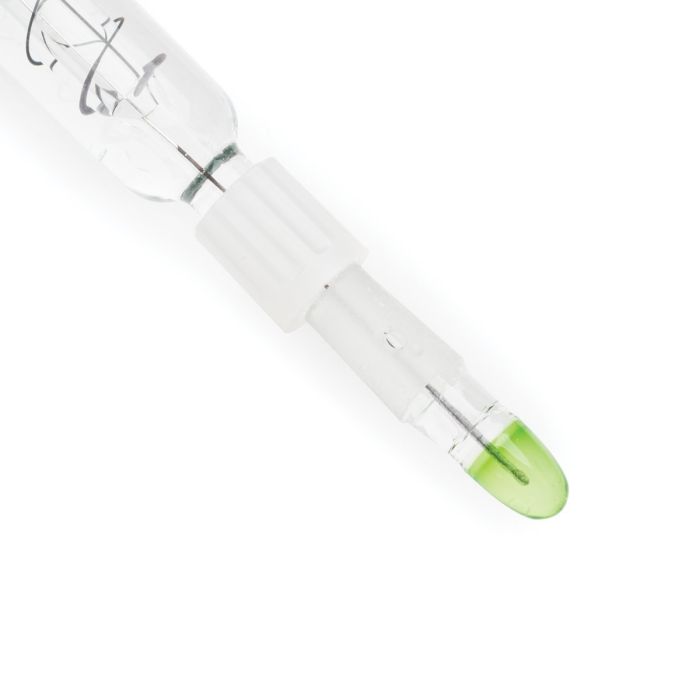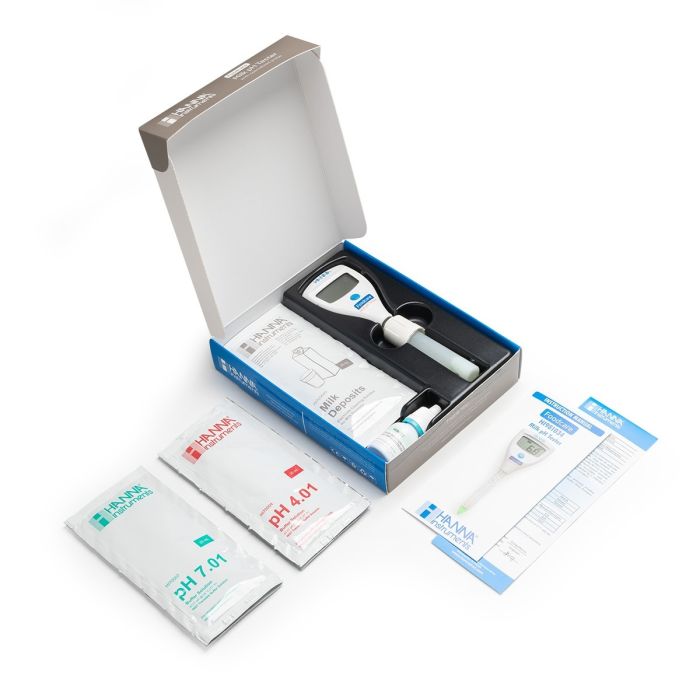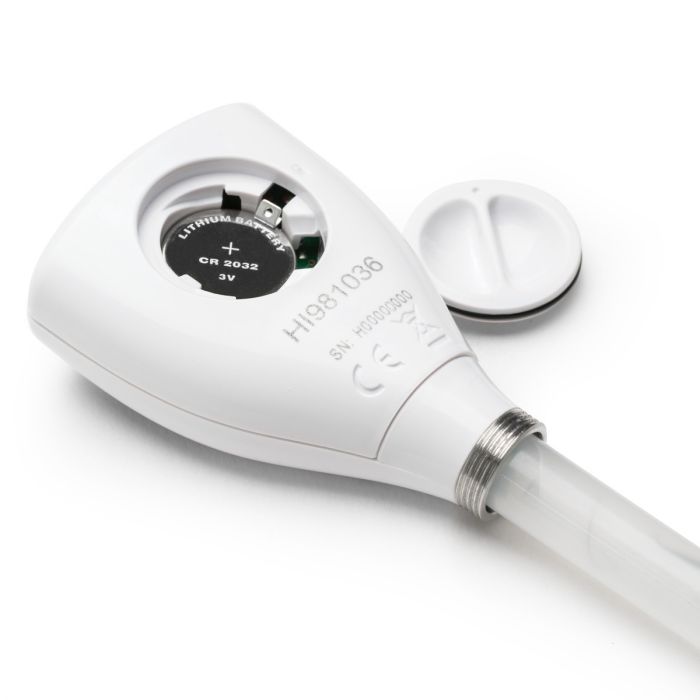Hanna Instruments Canada
The Hanna Advantage:
A Worldwide Leader
in Technology
and Innovation
100% Quality
360 Value
Contact Hanna: (800) 842-6629
Hanna Instruments Canada
Customer Support: (800) 842-6629
End of Content.
- Products
- Parameters
- Acidity
- Alkalinity
- Aluminum
- Ammonia
- Ammonium
- Boron
- Bromide
- Bromine
- Cadmium
- Calcium
- Carbon Dioxide
- Chloride
- Chlorine
- Chlorine Dioxide
- Chromium
- COD
- Color
- Copper
- Cyanide
- Cyanuric
- Dissolved Oxygen
- Fluoride
- Formaldehyde
- Glycol
- Hardness
- Hydrazine
- Hydrogen Peroxide
- Hypochlorite
- Iodide
- Iodine
- Iron
- Lead
- Lux
- Magnesium
- Manganese
- Molybdenum
- Nickel
- Nitrate
- Nitrite
- Nitrogen
- ORP
- Oxygen
- Ozone
- Peroxide Value
- pH
- Phosphate
- Phosphorus
- Potassium
- Reducing Sugars
- Refractometry
- Relative Humidity
- Resistivity
- Salinity
- Silica
- Silver
- Sodium
- Sulfate
- Sulfide
- Sulfur Dioxide
- Surfactants
- Tartaric Acid
- TDS
- Temperature
- Titration
- Turbidity
- Zinc
- Support

